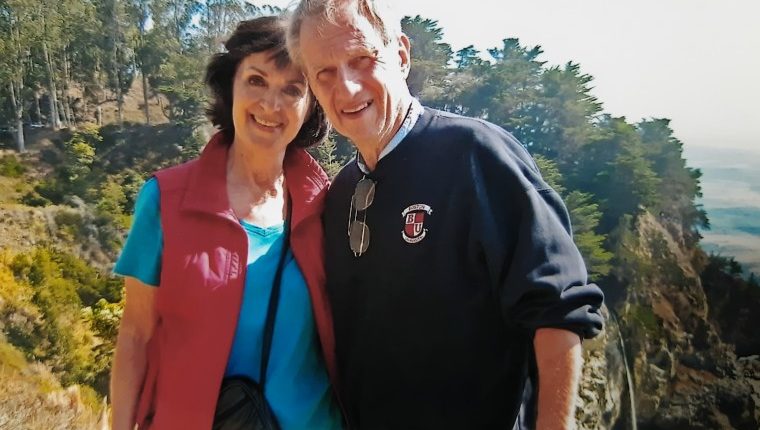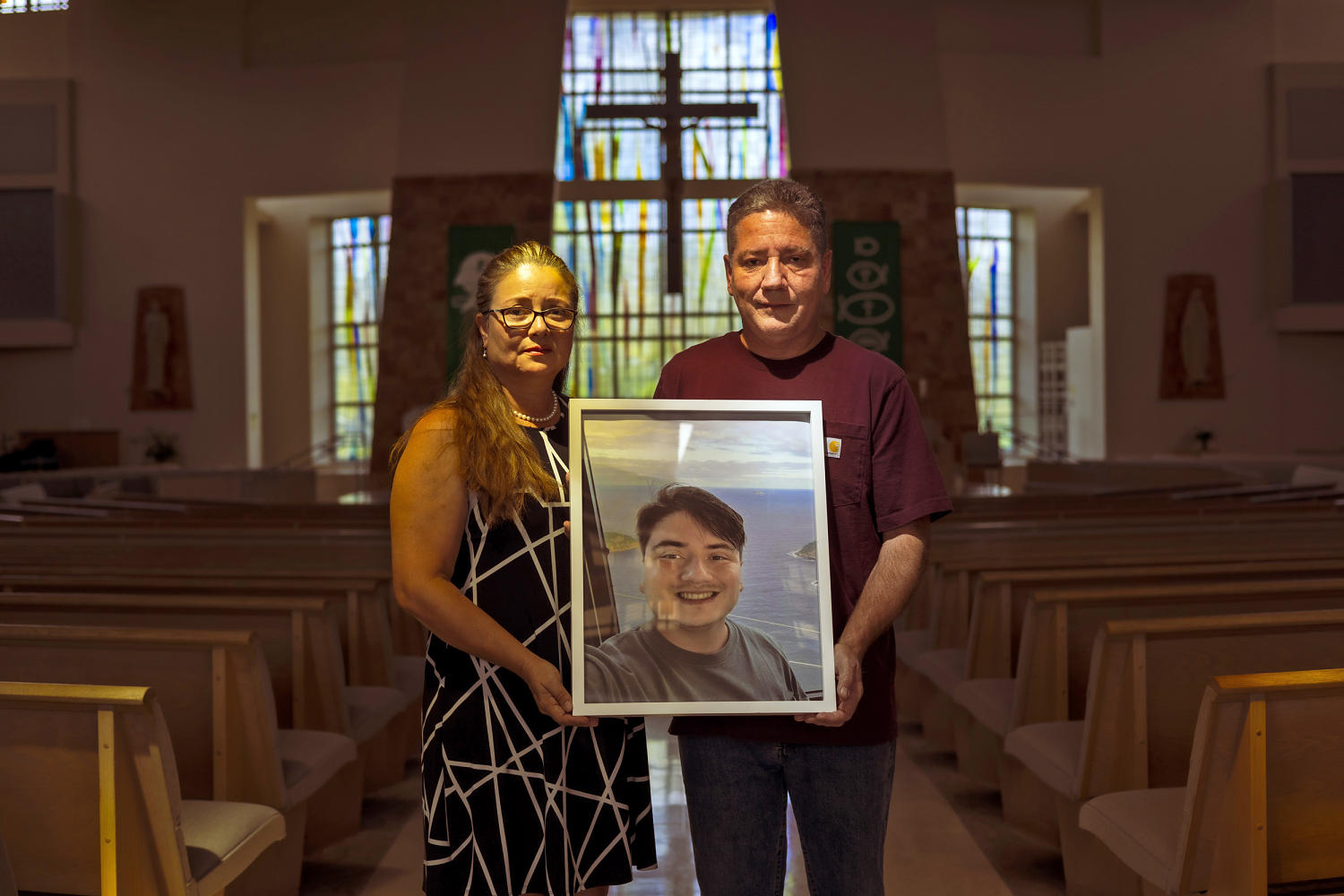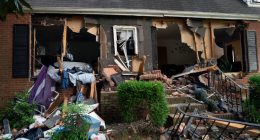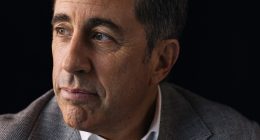In February 2014, Airbnb made a commitment: The company would require hosts to confirm that carbon monoxide detectors were installed in every listing by the end of the year.
Months earlier, the short-term rental company faced one of its first reported deaths involving carbon monoxide: a Canadian citizen staying in an Airbnb in Taiwan. The company wanted to do more, it said in a now-deleted blog post.
“By the end of 2014, we’ll require all Airbnb hosts to confirm that they have these devices installed in their listing,” the blog post said of carbon monoxide detectors.
Nearly a decade later, the company has not made any such mandate — and more lives have been lost along the way.
NBC News has identified 19 deaths since 2013 that occurred at Airbnb properties and are alleged to have involved carbon monoxide poisoning, according to interviews with family members of victims and a review of news articles, autopsy reports, police records, and court and government documents. The company is currently facing at least three lawsuits pertaining to carbon monoxide deaths or poisonings.
Airbnb has issued statements in seven of the cases, which accounted for 17 of the deaths. In five of the statements, Airbnb said it would pay for costs associated with the deaths or that it had removed Airbnb listings associated with the incidents. None of the statements contested details of the reports surrounding the deaths, and none addressed carbon monoxide’s role in the incidents. Other statements expressed condolences. In the two cases in which the company has not commented, Airbnb was the target of lawsuits. One of those suits was settled and the other was dismissed.
In a statement provided to NBC News, the company said: “The safety of our community is a top priority, incidents on Airbnb are exceptionally rare and we take action when a concern is reported to us.”
Family members and representatives of people who died said Airbnb has not done enough to address the situation and called for the company to commit to a mandate that carbon monoxide detectors be installed in every rental. Some said Airbnb promised to work with them but that they now feel brushed aside.
Jennifer Winders, whose father and stepmother died from carbon monoxide poisoning in an Airbnb in Mexico in November 2018, said that the company agreed to meet with her and her brother on potential safety improvements as part of a settlement that included financial compensation.
Winders said they had one meeting in February 2022 with the company where they gave suggestions.
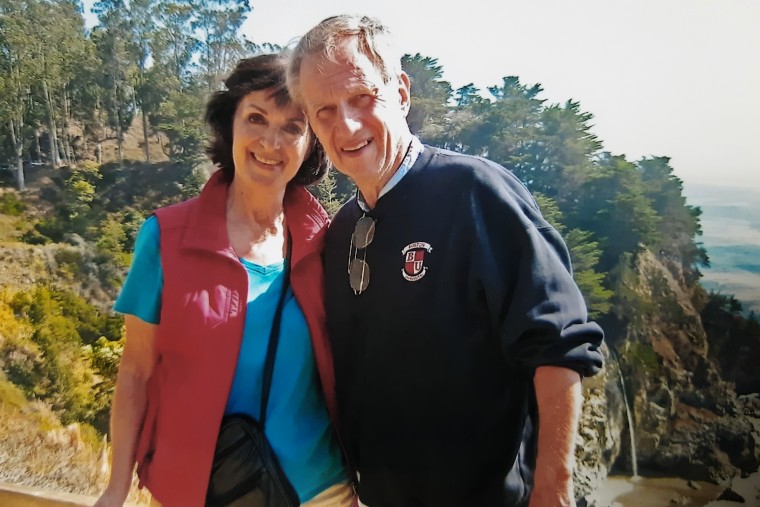
“I feel like that’s something that would be really beneficial is to have Airbnb continue to reach out to people who are continuing to feel the effects of what happened in one of their rentals,” she said. “I wonder after seeing all these deaths in 2022, to be honest, if any steps were taken.”
All of the deaths reviewed by NBC News happened outside the U.S., where regulations regarding carbon monoxide detectors are inconsistent (48 U.S. states have laws mandating the installation of carbon monoxide detectors in at least some residential buildings, according to First Alert, a company that specializes in fire and carbon monoxide safety). Four of the cases reviewed by NBC News happened in Mexico. The other cases happened in Brazil, Colombia, Chile, China and Taiwan.
Airbnb’s international footprint amid the patchwork of carbon monoxide regulation presents an already-challenging compliance landscape for the company, which says it’s advocated for carbon monoxide detector regulation in Mexico and other countries. But family members say the wide variability of regulation is even more reason for Airbnb to step in and set its own standard on carbon monoxide detectors.
A life cut short
Jaime Mejia jumped on a flight to Brazil with little information other than a message from an Airbnb host telling him that his son had died.
Sebastian Mejia, 24, had moved from Miami to Rio de Janeiro in October 2022 on a Fulbright scholarship to study Indigenous communities. His budget was tight, but he found an affordable Airbnb. He called his family every week to check in, and they were proud of how far his hard work had taken him.
On Oct. 5, 2022, Sebastian was found dead in the shower of his Airbnb. A water heater in the bathroom had been leaking carbon monoxide, according to a technical report from Rio de Janeiro police, and the apartment had no detector to warn him. Carbon monoxide levels measured in the apartment were four times the maximum acceptable levels, police said.
Sebastian’s family believes that if the company required property owners to install carbon monoxide detectors, he might still be alive.
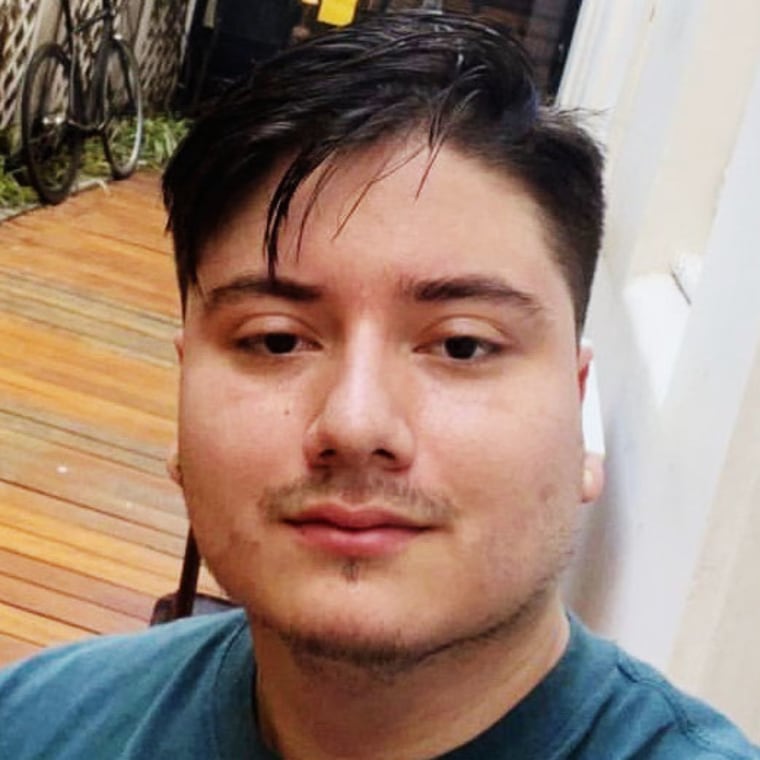
“This shouldn’t have happened. It was easily preventable,” Sebastian’s brother, Daniel, said. “It should be something that’s the most basic thing that you should be able to go take a shower and not die.”
After Sebastian’s death, it took 10 days to go through the repatriation process and return his body to the United States. Over 300 people from across the U.S. traveled to Florida to attend his funeral.
Sebastian’s family said that Airbnb never reached out to them after Sebastian’s death. In June, they sued the company in California state court. An Airbnb representative said that communication from the company was directed to the family’s legal representative.
“Unfortunately he has not been the first and he will not be the last, and other families have to go through the same experience,” his mother, Rosa Elena Martinez, said. “And that’s terrible that Airbnb, knowing exactly what’s happening, they haven’t done anything to stop it.”
Martinez said their primary motivation for bringing the lawsuit was to inspire a policy change at the company.
“They could pay us $1. But if they change the policy, and we make these public, it will be totally worth it,” she said. In court, Martinez is seeking damages exceeding $25,000, according to the complaint, and a legal injunction that would force Airbnb to remove listings without carbon monoxide detectors and mandate the use of detectors along with the inspection of fuel-burning devices. No trial date has been set.
Sebastian’s family isn’t alone in their pursuit. NBC News identified six lawsuits pertaining to carbon monoxide poisoning at Airbnbs. Three are ongoing, two were settled and one was dismissed.
Source: | This article originally belongs to Nbcnews.com
